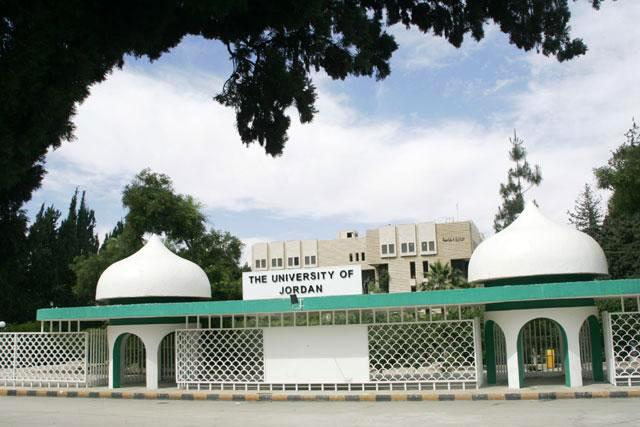You are here
Calls continue for ‘pass/fail’ grading systems in universities in wake of exam cheating allegations
By Maram Kayed - Dec 11,2020 - Last updated at Dec 10,2020
AMMAN — Minister of Higher Education and Scientific Research Mohammad Abu Qadis said that “it is not in the interest of students” to make the first academic semester follow the pass/fail system.
In a statement, Abu Qadis said that the Higher Educational Council is the entity in charge of deciding whether the current semester will follow a grading or a pass/fail system, although the minister said that the latter will “affect students’ education and work future”.
Some students and academic figures pushed for a pass/fail system for several reasons, among which was the opinion that online exams “do not reflect the student’s true abilities or level”, as put by Sama Ahmad, a lecturer of finance in several community colleges.
Ahmad said that “cheating is widespread amongst school, university and community college students, as evident by the many cases of students having others take exams for them, and cheating groups on WhatsApp, where students ask others for help on certain questions and the ability to look up answers online”.
“No matter how many different methods teachers, lecturers and professors devise, such as one-way questions or 30-second questions and so on, a student taking an unsupervised exam can always find a way to cheat,” added Ahmad, who pushed for a pass/fail system.
“It is both unfair and inaccurate to give students, who could possibly not even have seen the exam, marks that would help their GPA. This will result in a huge gap in the workforce between academic qualifications and actual expertise,” said Ola Islam, a teacher’s assistant in Balqa Applied University.
“On the other hand, some A-students have not been doing so well as online exams do not fit them. Some students acquire most of their marks through participation marks or are not used to all exams consisting of multiple-choice problems, which have affected them negatively,” Islam added.
Islam also said that she “realises the ministry’s dilemma as teaching have gone remote for almost a year, so by now the distance learning system should be working well enough to replace the traditional system, but that has not been the case yet”.
The ministry pointed out that the decision to hold final university examinations directly or remotely will be taken next week with the consultation of university presidents.
Abu Qadis noted that some universities were “ready to switch to distance learning”, adding that there is a plan to integrate distance learning with in-class education even after the pandemic.
“We have laid specific foundations for the development of distance learning in universities and the return of students to campus next semester is dependent on the epidemiological situation,” he noted.
Related Articles
AMMAN — The Higher Education Council’s decision to hold final examinations for all courses and majors in Jordanian universities and universi
AMMAN — The Higher Education Council on Thursday approved measures related to the final exams of medicine and dental students, instructing J
AMMAN — The University of Jordan’s (UJ) decision to evaluate at least 50 per cent of courses in postgraduate programmes following the symbol
















